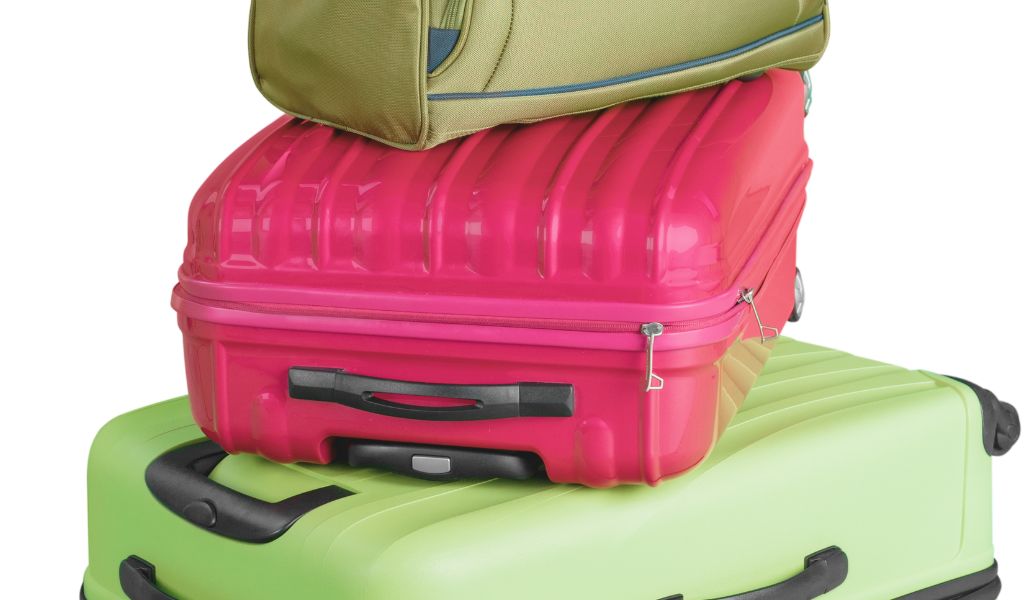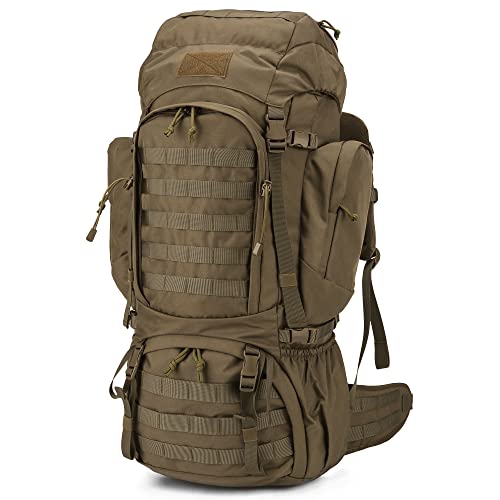When preparing for a camping trip, it’s important to pack the essentials while keeping in mind the limited space and weight restrictions.
To ensure a smooth and enjoyable camping experience, it’s equally crucial to know what items to leave behind.
In this comprehensive guide, we will explore the things you should not take camping.
From bulky and unnecessary items to potential safety hazards, we’ll cover it all. So, let’s dive in and discover the camping essentials without the unnecessary baggage!
Table of Contents
The Packing Process: What Should You Not Take Camping?
When embarking on a camping adventure, packing smartly is the key to a successful trip.
Here are some items you should consider leaving behind to optimize your camping experience:
Excessive Clothing Options
It can be tempting to pack a variety of clothing options for different weather conditions.
However, overpacking on clothes can take up valuable space in your backpack or vehicle.
Instead, focus on versatile and lightweight clothing that can be layered to adapt to changing temperatures.
Pack essentials such as comfortable hiking pants, moisture-wicking shirts, a warm jacket, and a rainproof outer layer.
Bulky Bedding
While a good night’s sleep is important, bulky bedding can be a burden when camping.
Leave behind heavy quilts, oversized pillows, and thick mattresses.
Instead, opt for lightweight sleeping bags, compact sleeping pads, and inflatable pillows.
These space-saving alternatives provide comfort without weighing you down.
Excessive Toiletries
When it comes to toiletries, it’s easy to get carried away. Remember that you’re heading into the great outdoors, where simplicity is key.
Pack travel-sized toiletries, including a toothbrush, toothpaste, soap, and sunscreen. Avoid bulky hairdryers, full-sized shampoo bottles, and unnecessary beauty products.
Non-Essential Kitchen Appliances
While it’s essential to have the means to prepare meals, avoid taking unnecessary kitchen appliances that add weight and take up space.
Instead of bringing a full-size coffee maker or a bulky blender, consider lightweight alternatives like a camping stove or a portable coffee press.
These compact options will allow you to enjoy your favorite meals and beverages without sacrificing space.
Fragile Glassware and Dishes
Camping involves the great outdoors, which can be unpredictable.
Fragile glassware and dishes are prone to breakage, and dealing with shattered glass in the wilderness can be both dangerous and time-consuming.
Opt for lightweight and durable alternatives such as plastic or stainless steel plates, cups, and utensils. These options are not only more resilient but also easier to clean.
Uncomfortable or New Footwear
Proper footwear is essential for any outdoor adventure, but it’s crucial to choose wisely. Avoid taking uncomfortable or brand-new shoes on a camping trip.
Ill-fitting or unbroken footwear can lead to blisters and discomfort, hindering your ability to fully enjoy the experience.
Opt for well-worn and supportive hiking boots or sturdy trail shoes to keep your feet happy and protected.
Electronics and Entertainment Devices
Camping offers an excellent opportunity to disconnect from the digital world and immerse yourself in nature.
Leave behind unnecessary electronics and entertainment devices that can distract from the natural beauty surrounding you.
Instead, embrace the simplicity of the outdoors and engage in activities such as hiking, fishing, or stargazing.
Frequently Asked Questions (FAQs)
Can I bring my pet dog camping?
Many campgrounds welcome pets, but it’s essential to check the specific rules and regulations of the camping site. Some locations have restrictions on the size, breed, or number of pets allowed. Always prioritize the safety and well-being of your pet and ensure they are comfortable in the camping environment.
Should I bring my own firewood?
It depends on the campsite. Some campgrounds provide firewood, while others require you to bring your own or purchase it locally. Check the guidelines and restrictions of your chosen campsite to determine whether firewood is available or if you need to bring your own.
Can I bring perishable food on a camping trip?
Perishable food can be challenging to store and keep fresh during a camping trip. It’s generally recommended to focus on non-perishable food items such as canned goods, dried fruits, and energy bars. However, if you plan to bring perishable food, invest in a reliable cooler with ice packs to keep your food safe and fresh.
Should I bring camping chairs and a table?
While camping chairs and tables can enhance comfort and convenience, they are not always necessary. Consider the available seating options at the campsite and the duration of your trip. If you’re planning a short camping excursion or the site provides picnic tables, you may not need to bring additional seating.
Is it advisable to bring valuables while camping?
It’s generally recommended to leave valuable items at home to minimize the risk of loss or damage. While most campsites are relatively safe, it’s always better to err on the side of caution. Instead, bring essential items like identification, a first aid kit, and any necessary medications.
Can I use my camping stove inside the tent?
No, it’s extremely dangerous to use a camping stove inside a tent. The risk of carbon monoxide poisoning and fire hazards is significantly increased. Always use camping stoves outside in well-ventilated areas and follow the manufacturer’s instructions for safe usage.
Conclusion and final thoughts
When it comes to packing for a camping trip, knowing what to leave behind is just as important as knowing what to bring.
By avoiding unnecessary items and focusing on essentials, you can optimize your camping experience and ensure a more enjoyable adventure.
Remember to pack smartly, prioritize versatility and lightweight options, and embrace the simplicity of the great outdoors. Happy camping!






